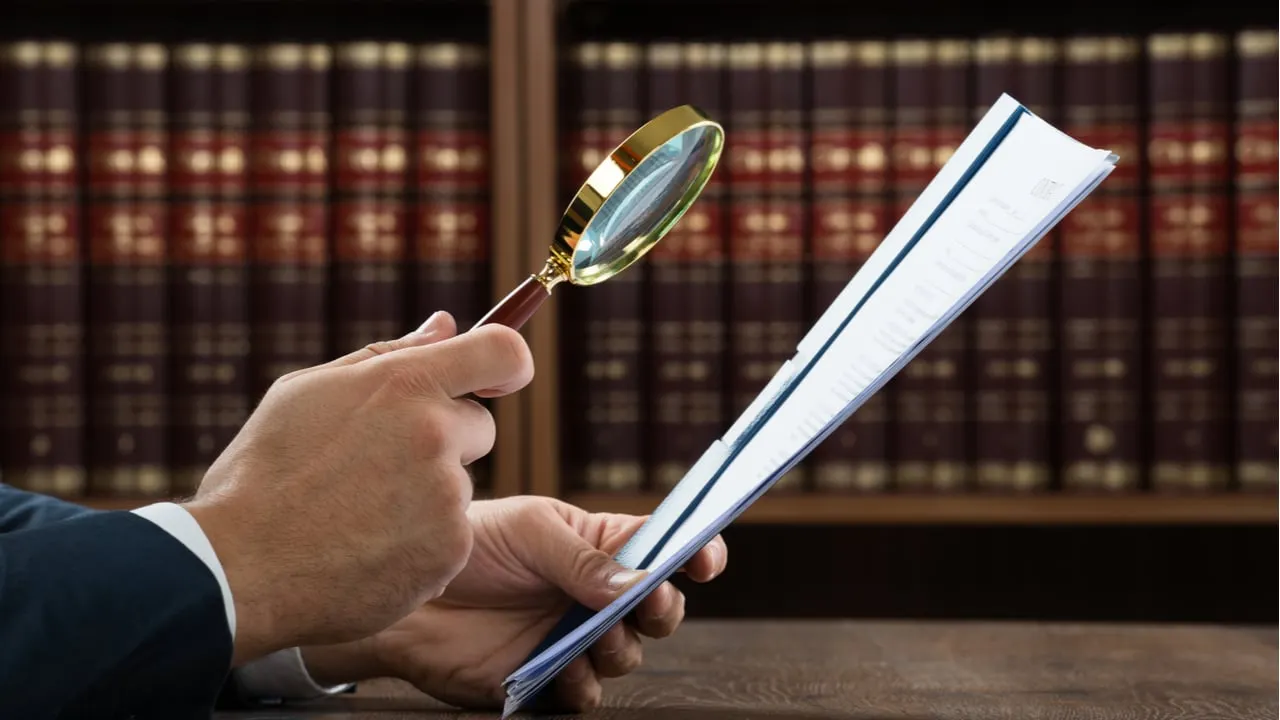The Securities and Exchange Commission’s (SEC) motion to unseal documents in its lawsuit against Binance US was approved on Friday by a district judge, according to a court filing.
The information was previously filed under seal by the regulator in August, limiting access only to the attorneys involved in the lawsuit. However, the SEC moved to make several documents—including exhibits for a declaration made by SEC Trial Counsel Jennifer Farer—public on Thursday. Parties involved in the lawsuit had agreed to unseal many documents, the agency said.
The approval comes after the SEC accused Binance US of a “lack of transparency” and the company saw several recent executive departures. Binance CEO Changpeng Zhao acknowledged the recent departure of Binance US CEO Brian Shroder on Friday. Zhao said Schroder “deserved [a] break” for his accomplishments, and that Binance US's Chief Legal Officer Norman Reed was the right person to lead Binance US moving forward.
The SEC sued Binance US in June, accusing the exchange of violating securities laws across 13 charges, such as operating as an unregistered securities exchange. In its initial complaint, the SEC also alleged billions of dollars of customer funds “were commingled in an account” that belonged to an entity, Merit Peak, which is controlled by Zhao. A day after the lawsuit was filed, the SEC sought an emergency order freezing Binance US’s assets to ensure customer funds’ safety.
Neither Binance US nor Binance, its parent company, immediately responded to a request for comment from Decrypt.
A deal between Binance US and the SEC was struck not long after that prevented a freeze in exchange for greater transparency and oversight. A stipulation of the deal included that Zhao or any entities he owns or controls don’t have access to the funds.
In one of its court filings on Thursday, the regulator accused Binance US’s holding company, BAM, of only producing 220 documents related to its investigation. That included “unintelligible screenshots,” which fell short of ensuring “BAM’s customer assets are not at the mercy” of either Binance or Zhao.
The SEC also argued Ceffu, a wallet custody software service owned by Binance’s international entity Binance Holdings Ltd, appeared to have control over BAM’s crypto assets through an arrangement.
A footnote in a separate filing supporting the SEC’s motion to unseal documents claimed BAM’s external auditor, FGMK, has produced over 6,500 documents that “primarily concern BAM’s custody and control of its assets.”
Additionally, BAM’s auditor produced a letter to the SEC pertaining to Ceffu’s purported role in custodying customer assets, the agency claimed. The filing said, “The SEC did not even learn of the existence of BAM’s auditor’s concerns expressed in its June letter until it received the auditor’s document production in July 2023.”
U.S. Magistrate Judge Zia M. Faruqui of Washington, D.C. instructed the court’s clerk to unseal over a dozen different exhibits in full while making other exhibits publicly available with information redacted, either partially or completely.
In its motion to unseal documents, the SEC said it did not oppose the sealing or partial sealing of some that Binance identified as confidential. Jude Faruqui gave Binance US, other defendants, and “any nonparty” a week to provide explanations for why certain documents deserve the designation.

